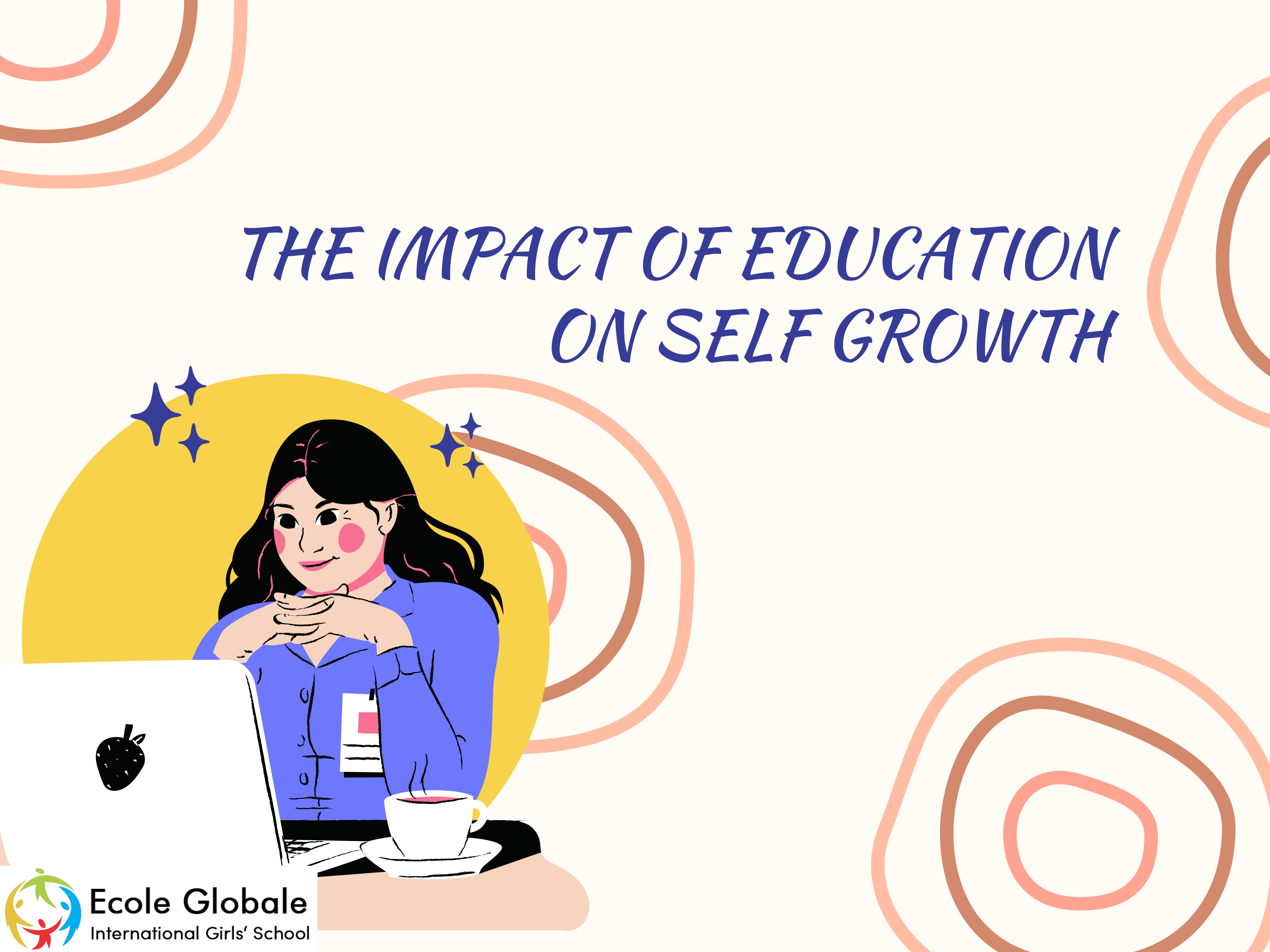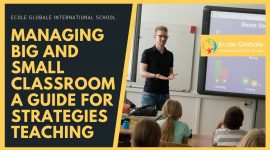Self-Education shapes who you are, gives you knowledge, and helps you grow as a person. It’s not just about getting good grades or landing a job. It’s about your entire personal development. From the moment you step into a classroom, you start a journey of self-discovery and growth.
Formal schooling provides a structured environment for learning a wide range of subjects and developing social skills. On the other hand, self-study allows you to explore your interests at your own pace, fostering independence and self-motivation.
Let’s dive into how education impacts self-growth, both through formal schooling in India and self-study. From boosting your confidence and broadening your horizons to instilling moral values and healthy habits, the impact of education is profound and far-reaching.
Education and Personality Development
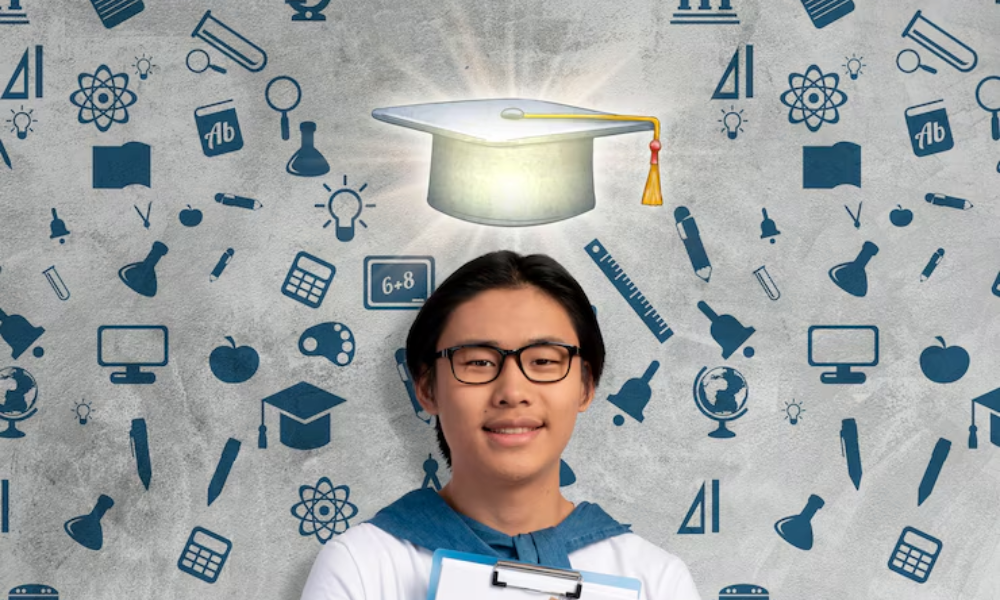
Understanding Personality Development
Education is a big part of figuring out who you are. It helps you recognize your strengths and weaknesses, making you more self-aware. You start to accept yourself for who you are, which boosts your self-image.
One thing you’ll notice is that your confidence grows with education. Remember how nervous you were on your first day of school? Compare that to how you feel now when you tackle a new project. This confidence is essential for personal development.
Schools also teach you how to behave and interact with others. You learn about appropriate behavior and social etiquette, which are key to developing a positive personality.
Key Components of Personality Development
Self-Confidence: A fundamental aspect of personal growth, often bolstered by educational achievements.
Optimism: Education promotes a positive outlook on life.
Respect and Humility: Educational settings instill the importance of treating others with respect.
Role of Education in Providing Knowledge
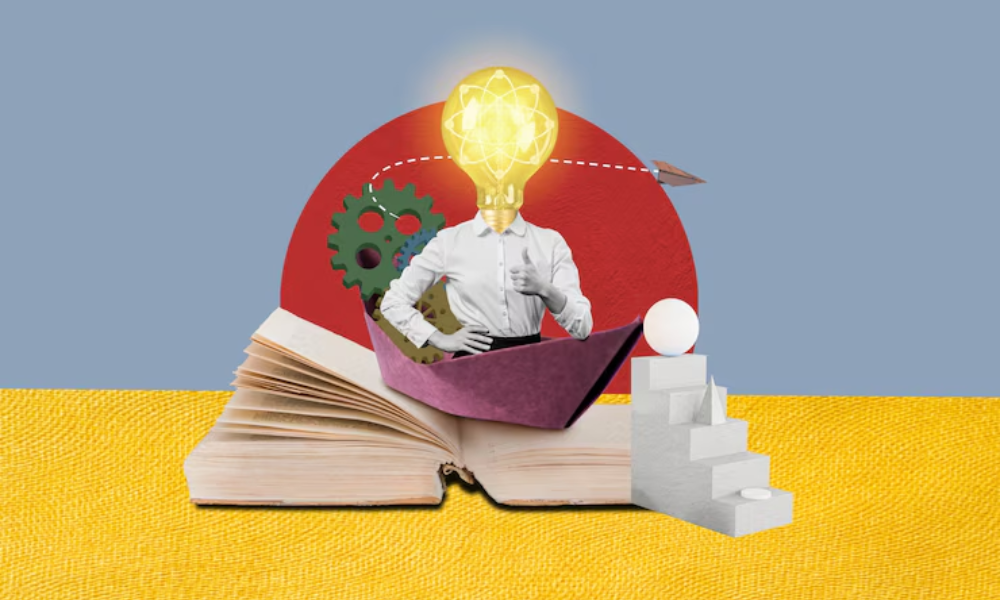
Broadening Horizons through Knowledge
Think about the times you’ve had deep, meaningful conversations with friends or family. Knowledge makes these discussions possible. Being well-informed not only helps you connect with others but also leaves a lasting positive impression.
Knowledge as a Personality Booster
While politeness and good dress sense are essential, they’re even better when paired with substantial knowledge. Education helps you acquire various skills that are crucial for both personal and professional growth.
Moral Values and Education
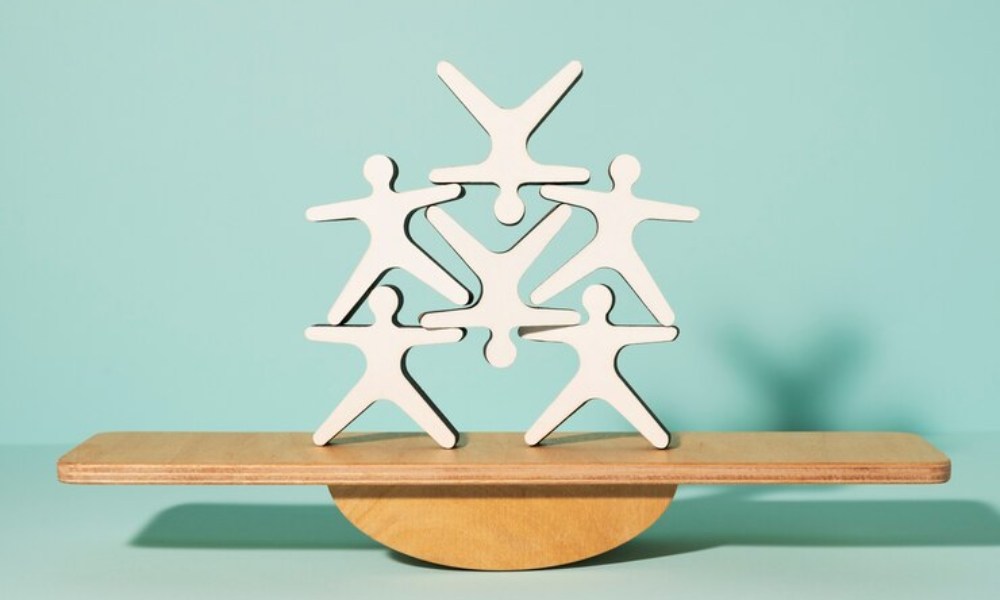
Teaching Right from Wrong
Education is also about learning what’s right and wrong. It instills a sense of fairness and discourages cheating and dishonesty. Schools teach important moral values that guide you towards ethical behavior.
Overcoming Setbacks
When you face setbacks, education teaches you resilience. You learn to bounce back from failures and maintain integrity and fairness, which leads to long-term success.
Enhancing Confidence through Education

Building Self-Confidence
Remember how shy you used to be? Education helps transform that shyness into confidence. Healthy communication skills fostered in school help you build strong relationships and collaborate effectively.
Practical Confidence-Building Opportunities
Schools provide plenty of chances to interact with peers, which boosts your confidence. Activities like public speaking and group discussions further enhance your self-assurance.
Providing Skills and Experience
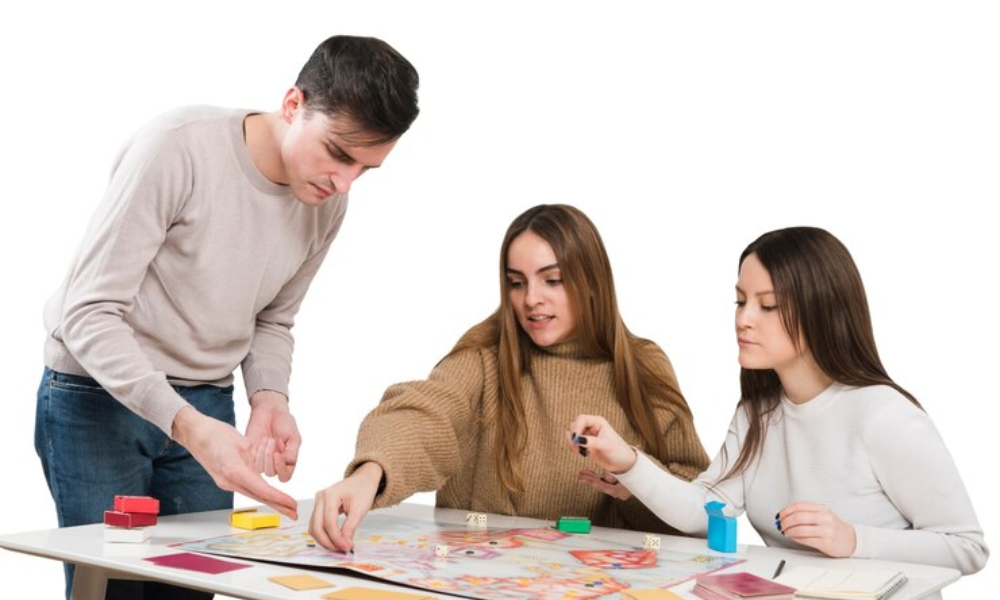
Opportunities for Skill Development
Education offers hands-on experiences that are vital for skill development. Showcasing your skills in various settings contributes to your overall personality growth.
Continuous Learning
The Self-educational process encourages you to keep learning. This habit of lifelong learning is essential for adapting to new environments. The practical experiences you gain through education lead to both personal and professional growth.
Teaching Good Behavior and Etiquette
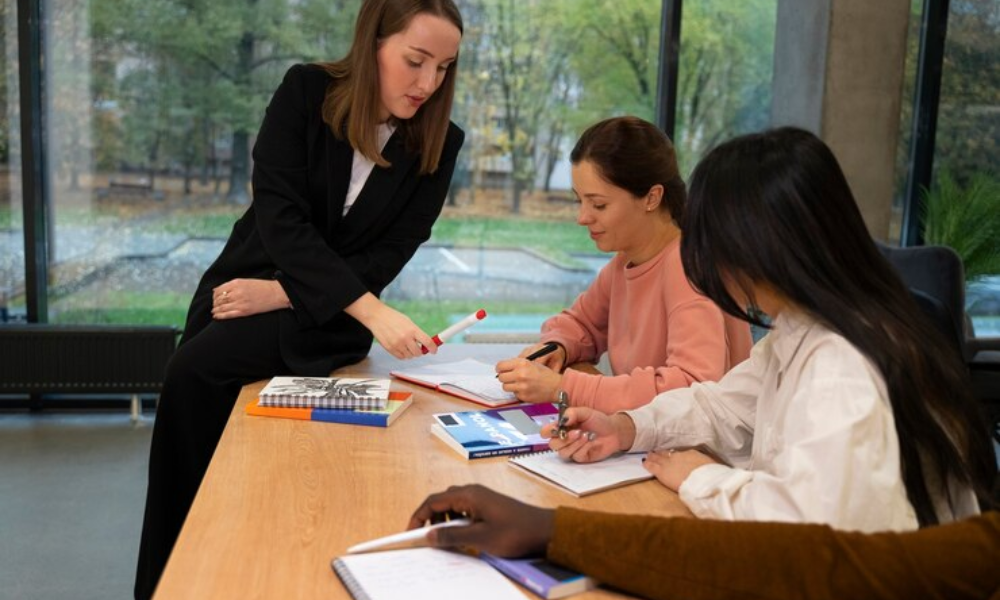
Learning Social Etiquette
Education teaches you how to behave in different social settings. Good communication is a key part of this, helping you navigate various interactions smoothly.
Code of Conduct
Schools emphasize the importance of following a code of conduct, guiding your behavior in different scenarios. Respectful interactions become a natural part of your personality.
Developing Healthy Habits

Importance of Healthy Habits
Self-Education teaches you about cleanliness and hygiene, encouraging a healthy lifestyle. You learn the importance of healthy eating, regular exercise, and other good habits.
Habit Formation
Schools instill healthy habits from an early age. Consistent practice of these habits leads to a healthier and more disciplined lifestyle.
Self-Education: A Path to Continuous Growth

The Importance of Self-Education
Self-education gives you control over your learning journey. It helps fill in the gaps left by formal education, offering a more comprehensive learning experience.
Effective Self-Education Strategies
Set clear learning goals. Use various resources like books, online courses, and communities. Engage in active learning practices like self-testing and practical application. Stay motivated and disciplined, and ensure you find credible and relevant resources.
Benefits of Self-Education

Personal and Professional Growth
Self-education offers the flexibility to learn at your own pace. It’s often more affordable than formal education and provides access to a wealth of free or low-cost resources.
Lifelong Learning
Self-education promotes continuous improvement, which is essential for personal and professional development. It helps you adapt to changing environments and stay competitive in the job market.
Conclusion
Education, whether formal or self-directed, plays a pivotal role in personal development and self-growth. It provides knowledge, instills moral values, builds confidence, teaches good behavior, and fosters healthy habits. Self-study offers autonomy and flexibility, encouraging continuous learning and adaptability. Understanding the impact of education on self-growth can help you enhance both your personal and professional life.
FREQUENTLY ASKED QUESTION
1. How does education contribute to personal development?
ANSWER. Education boosts self-awareness, self-confidence, and social skills, shaping overall personality and character.
2. What role does education play in building self-confidence?
ANSWER. Education provides achievements and social interactions that build self-confidence and communication skills.
3. Why are moral values important in education?
ANSWER. Moral values guide ethical behavior, teach fairness, and help individuals develop a strong sense of integrity.
4. How does self-study complement formal education?
ANSWER. Self-study allows personalized learning at one’s own pace, filling gaps and fostering independence.
5. What are the benefits of continuous learning?
ANSWER. Continuous learning keeps skills relevant, promotes adaptability, and supports personal and professional growth.






